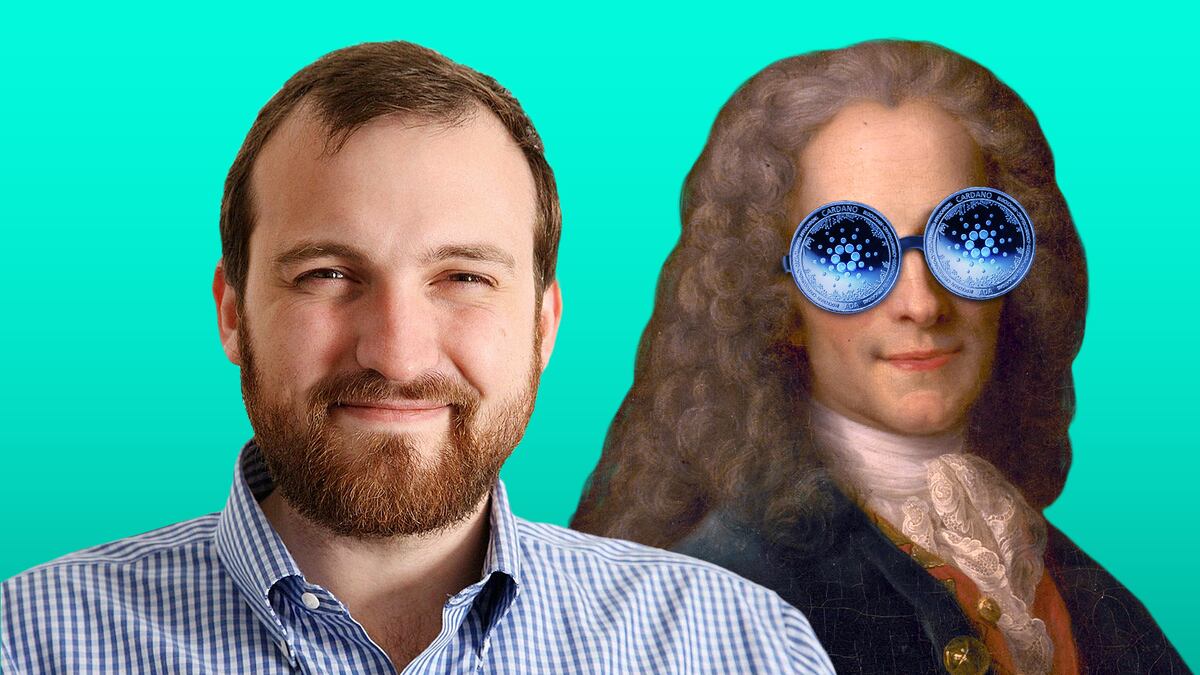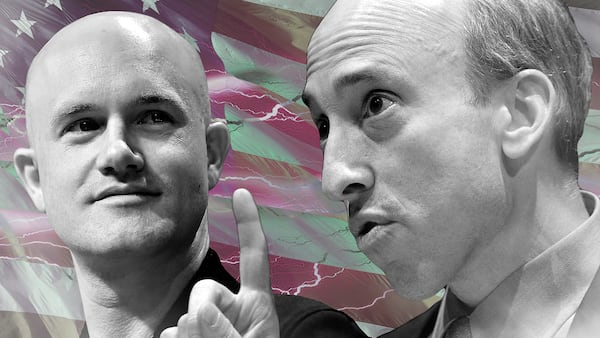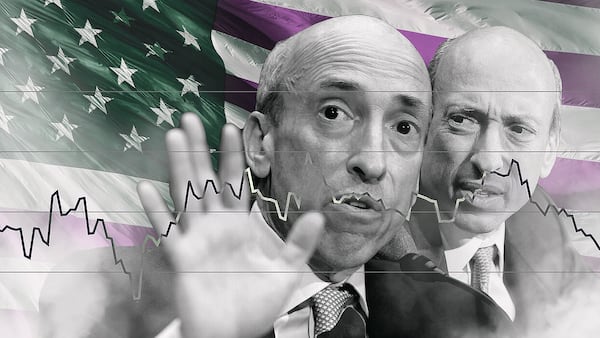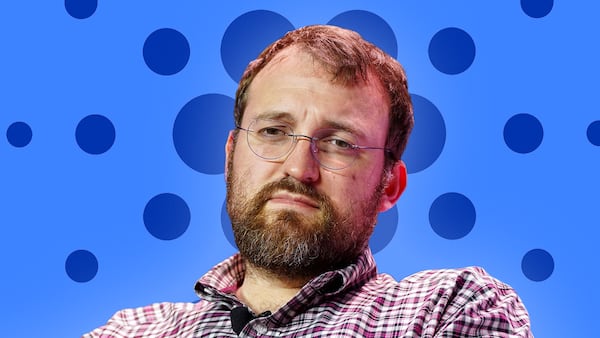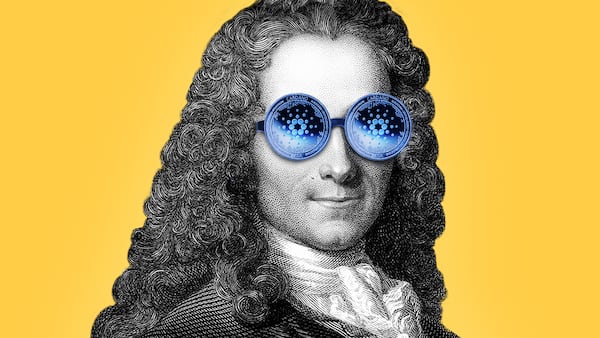- Cardano's Chang hard fork just went live.
- It brings onchain, decentralised governance to the blockchain.
- The transition will complete with a second upgrade later this year.
The Cardano blockchain has completed the first leg of its Chang hard fork, setting the stage for more decentralised governance.
At 10.44 pm London time on Sunday, Cardano officially began the process of transferring control of the $13 billion blockchain to holders of its native ADA token.
According to Frederik Gregaard, CEO of the Cardano Foundation, many in the Cardano community gravitated toward the network because of its promise of a decentralised governance model.
“Every ADA holder can contribute to the ecosystem’s evolution,” Gregaard told DL News. “The community will collaborate, innovate, and govern by mutual agreement.”
Cardano is the first major blockchain to implement a token-based governance system. It’s dubbed the change the era of Voltaire, after the French writer and free speech advocate.
The blockchain’s development was previously under the management of founder Charles Hoskinson’s blockchain engineering firm, Input Output Global, along with the Cardano Foundation and EMURGO, Cardano’s official commercial arm.
While many Cardano fans are celebrating the move, decentralisation can be a double-edged sword.
A form of governance called decentralised autonomous organisations — or DAOs — have received criticism.
Detractors say many DAOs have excessive budgets, suffer from inadequate checks and balances, and end up controlled by a few powerful stakeholders.
Cardano’s new governance is the latest example of a crypto project committing itself to the ideal of decentralisation.
Why decentralise?
“Without a central authority controlling the network, it is much harder for governments or corporations to censor information or transactions,” Florian Volery, co-founder of Liqwid Labs, the firm behind Cardano lending protocol Liqwid, told DL News.
Volery said this will make Cardano more attractive for institutions looking to dip their toes into decentralised finance — or DeFi.
But there’s stiff competition. Ethereum, which hosts the biggest DeFi ecosystem, has attracted the likes of $9 trillion asset manager BlackRock, among others.
Pablo Bejarano, CEO of Cardano-based asset manager PBG, says Cardano’s move towards decentralised governance will highlight that other blockchains lack such a system.
On competing blockchains, ”decision-making is often centralised among a few players,” he told DL News.
Still, decentralised governance isn’t the only consideration.
Cardano only achieved smart contract functionality, the ability to create DeFi protocols on the blockchain, in 2021.
It has also struggled with an Unspent Transaction Output — or UTXO — problem. Simply put, only a single user can interact with certain DeFi protocols, such as decentralised exchange liquidity pools, at any one time.
Other top blockchains, like Ethereum and Solana, don’t have this issue.
The UTXO problem causes transactions to fail when, for example, multiple users try to swap the same tokens on a decentralised exchange at the same time — a big problem for any blockchain intending to scale to millions of users.
Avoiding DAO woes
Although Cardano’s governance will become more decentralised, the network doesn’t want to be associated with actual DAOs and the problems that have befallen them.
“In a DAO, decisions are typically made by the governance token holders that vote on proposals, often with only few checks or balances,” Gregaard said.
Cardano’s new system of so-called DReps, community spokespeople who participate in voting on governance actions, will represent token holders.
DReps will join a total of three cooperative legislative bodies — a tricameral model — to make decisions.
That, Gregaard said, will ensure all important stakeholders have a voice and checks and balances are ensured.
Still, actualising such a system is easier said than done.
Involving thousands of ADA token holders, many of whom may not fully understand the new governance system, might invite disappointment that they don’t have the same kind of control over the project and its finances that members of a DAO do.
Although the Chang hard fork has kicked off, Cardano’s transition to decentralised governance isn’t complete just yet.
A second upgrade will unlock the final features of governance later this year.
Tim Craig is DL News’ Edinburgh-based DeFi Correspondent. Reach out with tips at tim@dlnews.com.
